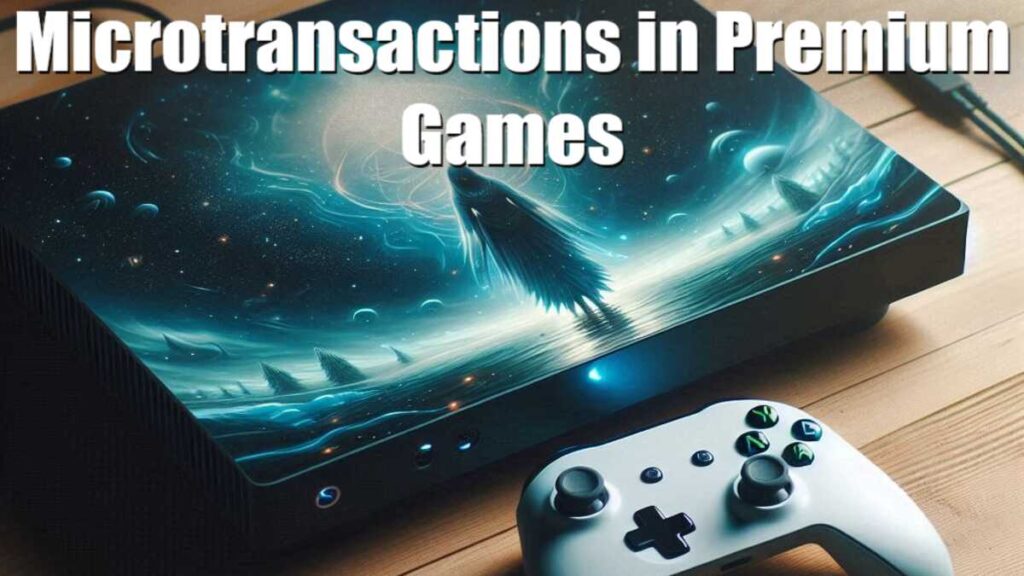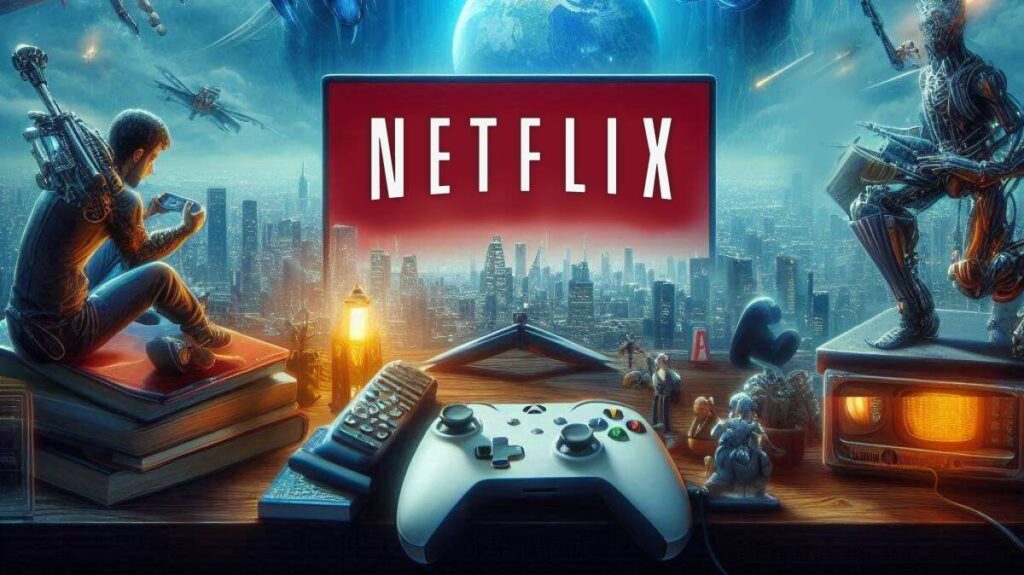Microtransactions in Premium Games: A Growing Rift Between Developers and Industry Trends
Microtransactions in premium games are seemingly becoming a ground of division between developers and industry trends, raising questions about the future of gaming.

Microtransactions in premium video games have always been a controversial point. If we are paying for the initial purchase of the title, why is there a need for further payments to enjoy the full extent of the game? Not just gamers, but also developers are getting frustrated and now things seem to have come to a head.
At Devcom 2024, a survey was conducted that could have serious repercussions in this debate. According to the results, 90% of the developers are of the opinion that microtransactions do not belong in a premium video game. This means that a rift has been growing unseen for long between the interests of developers, for whom the creative vision is the most important part, and game publishers, for whom the profits come first.
The Developer Perspective: Integrity Versus Profit
The survey was filled out by 100 developers. It is easy to see that the answers point toward what developers consider to be a growing issue. It is that microtransactions and the integrity of premium games cannot exist at the same time. For developers, when a person pays for a game, they should be given a complete experience. The inclusion of microtransactions, which often offer in-game advantages or cosmetic enhancements for an additional cost, is seen as detracting from this experience. Instead of immersing players in the game world, these purchases can break the immersion, creating a sense of imbalance and unfairness.
From an economic standpoint, the frustration is palpable. Developers believe that premium games should be able to achieve financial success through their initial sales alone, without relying on in-game purchases. This belief is justified because a well-crafted game, when priced appropriately, can generate substantial revenue. As such, there is no need to resort to what many see as exploitative tactics.
The Player’s Dilemma: Enjoyment Versus Convenience
Gamers, too, have voiced their dissatisfaction with the proliferation of microtransactions in premium games. For many, these in-game purchases hinder the full enjoyment of the game by constant reminders of additional content locked behind paywalls. This dissatisfaction is not just about the cost—it’s about the principle. Gamers who pay full price for a game expect to receive the entirety of the content upfront. Microtransactions, in this context, feel like a betrayal of that expectation.

Yet, despite the vocal opposition, microtransactions remain a lucrative business model. A significant portion of the gaming community continues to engage with these purchases, driven by the convenience of obtaining in-game rewards or advancing more quickly. This paradoxical situation—where gamers criticize microtransactions but still participate in them—highlights a complex dynamic where convenience often trumps principle.
The Role of AI in Game Development: A Balancing Act
The survey was also a pointer toward another current controversial issue. What is the role of artificial intelligence in game development? The numbers that turned out in the survey against the use of AI, or at least a minimal use of it, were interestingly big: 31%.
There is no doubt AI is a huge help when it comes to automation manual tasks, freeing developers to drive their creative powers into the design of the game itself. For example, coding and production tasks can be easily automatized. But developers seem ill at ease over the prospect of losing their creative control and a certain unique, human touch that is a hallmark of great game design to AI.
The way forward is not split into “AI” or “No AI”. The gaming industry will have to adopt an ambiguous path. If developers start using AI without discretion, games will soon become diluted of their immersive experience.
Industry Outlook: A Future in Flux
Looking forward, the gaming industry appears to be on uncertain ground. According to the survey, 57% of developers anticipate more layoffs in the coming year. The industry will undergo lots of economic challenges and broader shifts. However, 43% of respondents believe that the industry might stabilize, suggesting a cautious optimism that the current turbulence could give way to a more stable environment. This uncertainty is the necessary outcome of the continuing debate over the morality of microtransactions and the role of AI in development.
So what is the takeaway from the Devcom 2024 survey? Well, the gaming industry is at a crossroads. Developers want to take one way and the publishers want to take the other. But the only way forward seems to be one that reconciles both of these aspects, because none of these are going away. Some developers and studios, like CD Projekt RED, are very aware of this dead-end and are ready to strike a balance between the two extremes.






